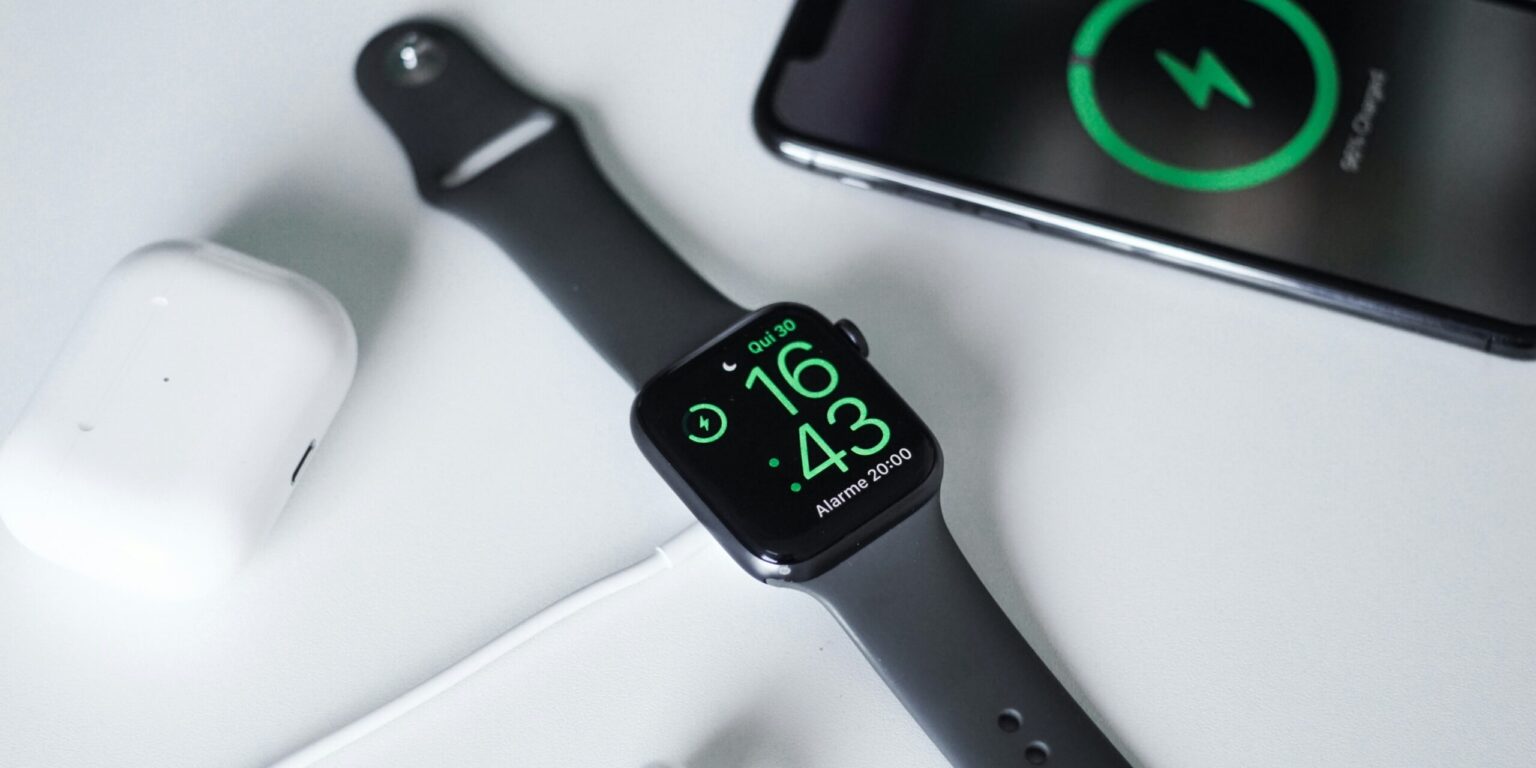Samsung unveiled the Galaxy Watch Ultra at its Galaxy Unpacked event on July 9, 2025, introducing a slate of new health features powered by artificial intelligence. Among them, the standout innovation is an Antioxidant Index, which uses LED sensors to assess carotenoid levels in the skin—providing insight into how much fruit and vegetable intake a user gets each day. This feature marks a major evolution in wearable health tracking, venturing beyond traditional metrics like steps, sleep, and heart rate.
The Antioxidant Index works by placing a finger on the BioActive Sensor at the back of the watch for a few seconds. Using technology similar to that found in dermatological scanners, the device calculates a score based on beta-carotene presence in the skin. Beta-carotene, found in foods like carrots and spinach, acts as a proxy for overall dietary balance and antioxidant levels. A color-coded system then communicates results to the user, with lighter shades suggesting healthier intake. Samsung’s health division emphasized this tool’s potential to encourage healthier eating habits by offering users tangible feedback on their nutrition—something few wearables have tackled until now.
This addition reflects a broader industry shift from reactive to preventive health care. By embedding dietary awareness into daily monitoring, the Galaxy Watch Ultra appeals to users interested in holistic wellness rather than just fitness tracking. Experts note that while the accuracy of non-invasive carotenoid detection still depends on individual variability, the technology provides a meaningful, science-backed estimate. It’s also consistent with increasing consumer demand for smarter health tools that provide actionable recommendations rather than raw data alone.
Despite the excitement surrounding the antioxidant tracking, the Galaxy Watch Ultra brings several other enhancements. The device now features 64 GB of internal storage—double that of previous models—allowing for expanded music libraries, apps, and workout records. The Ultra’s design has been ruggedized, boasting a titanium cushion case, sapphire crystal display, and water resistance rated at 10 ATM/IP68, alongside U.S. military-grade durability standards. For outdoor and sports enthusiasts, it includes dual-frequency GPS (L1+L5), which ensures precise location tracking even in challenging environments.
Battery life has also seen improvements, with a 590 mAh battery capable of lasting up to 100 hours in power-saving mode and around 48 hours in standard use. The Ultra introduces a new customizable Quick Button for rapid access to features such as multisport tracking or emergency sirens. Samsung has also integrated Google’s Gemini AI assistant, replacing its older voice assistant to allow more conversational and intelligent interactions. This voice interface supports tasks like generating daily wellness reports or setting up smart routines.
The Galaxy Watch Ultra runs on Wear OS 6 with Samsung’s One UI Watch 8. This operating system includes features such as Bedtime Guidance, Running Coach, Energy Score, and detailed sleep analytics. Combined with the AI tools, users gain a more complete picture of their health—whether it’s understanding energy fluctuations, identifying sleep patterns, or getting reminders to stay hydrated and move throughout the day.
Industry reviews so far have been cautiously optimistic. While many reviewers note the hardware itself hasn’t drastically changed from the 2024 version, the new AI features add meaningful value. TechRadar called the antioxidant tracking “a surprising yet welcome addition,” while The Verge praised Samsung’s effort to deepen its wellness focus. Some concerns linger about the long-term usefulness of dietary scanning, particularly given how diet varies by culture and individual metabolism. Still, the general consensus is that this is a bold step forward in wearable tech.
The Galaxy Watch Ultra targets users looking for a rugged smartwatch that doesn’t just count steps but actively promotes healthier living. Whether someone is training for a triathlon or simply trying to eat more vegetables, the watch’s new features cater to both ends of the wellness spectrum. While its $649 starting price might deter casual users, those invested in health technology will likely find the expanded tools worth the investment.
Pre-orders for the Galaxy Watch Ultra began on July 9, 2025, and the watch will ship starting July 25. It arrives alongside the Galaxy Watch 8 and Galaxy Watch 8 Classic, which also include the Antioxidant Index and Google Gemini integration. By embedding advanced health tracking and AI directly into its latest lineup, Samsung is setting the tone for a future where wearable devices play a more central role in everyday wellness.
